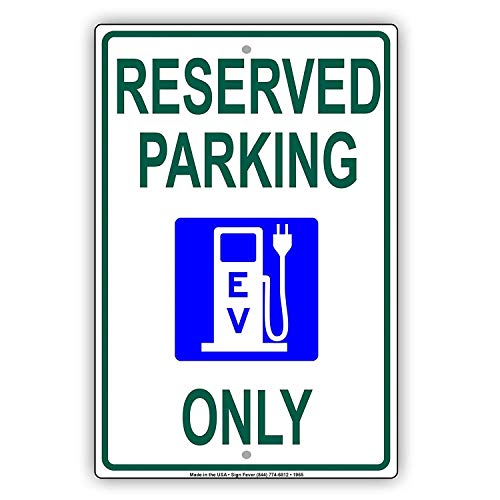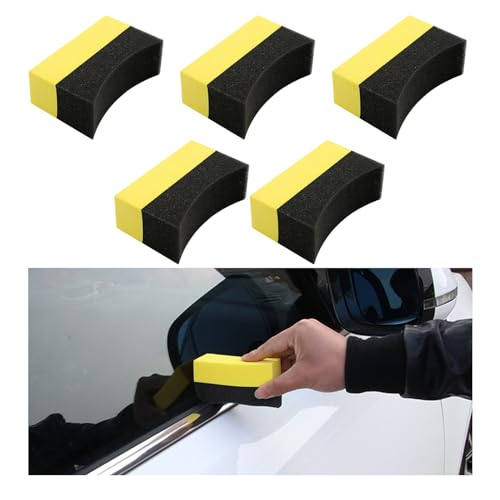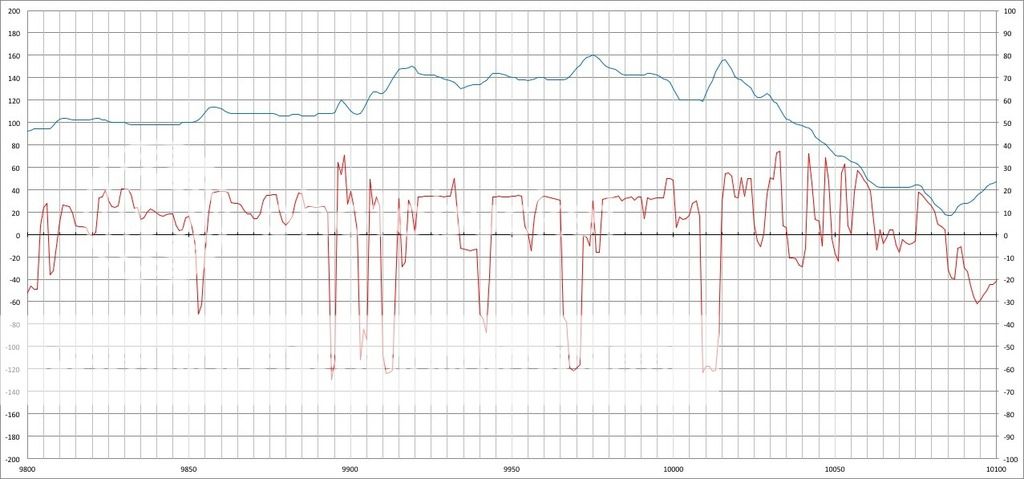Sparklight
Member
Good morning,
Trying to work out if Outlander Phev would be suitable for a commute like mine and what the fuel costs will be but don't know the answer to the above.
My commute is 17 miles to work average speed 20mph with the return being 15 miles average speed 23mph, types of road are detailed below
To Work Return
A Roads 3 miles average speed 30mph A Roads 7 miles aveage speed 35mph
B Roads 9 miles average speed 27mph B Roads 2 miles average speed 40mph
Dual Carriage Way 2 miles average speed 36mph Dual Carriage 2 miles average speed 60mph
Urban 3 miles average speed 9mph Urban 4 miles average speed 12 mph
I've read that the car will run on electric power for an average of 25 miles, so the last 7 miles of my return journey would be on petrol power at an average speed of 28mph would this be enough to recharge the battery up to 80% and what average petrol mpg could I achieve over those 7 miles.
Trying to work out if Outlander Phev would be suitable for a commute like mine and what the fuel costs will be but don't know the answer to the above.
My commute is 17 miles to work average speed 20mph with the return being 15 miles average speed 23mph, types of road are detailed below
To Work Return
A Roads 3 miles average speed 30mph A Roads 7 miles aveage speed 35mph
B Roads 9 miles average speed 27mph B Roads 2 miles average speed 40mph
Dual Carriage Way 2 miles average speed 36mph Dual Carriage 2 miles average speed 60mph
Urban 3 miles average speed 9mph Urban 4 miles average speed 12 mph
I've read that the car will run on electric power for an average of 25 miles, so the last 7 miles of my return journey would be on petrol power at an average speed of 28mph would this be enough to recharge the battery up to 80% and what average petrol mpg could I achieve over those 7 miles.



































